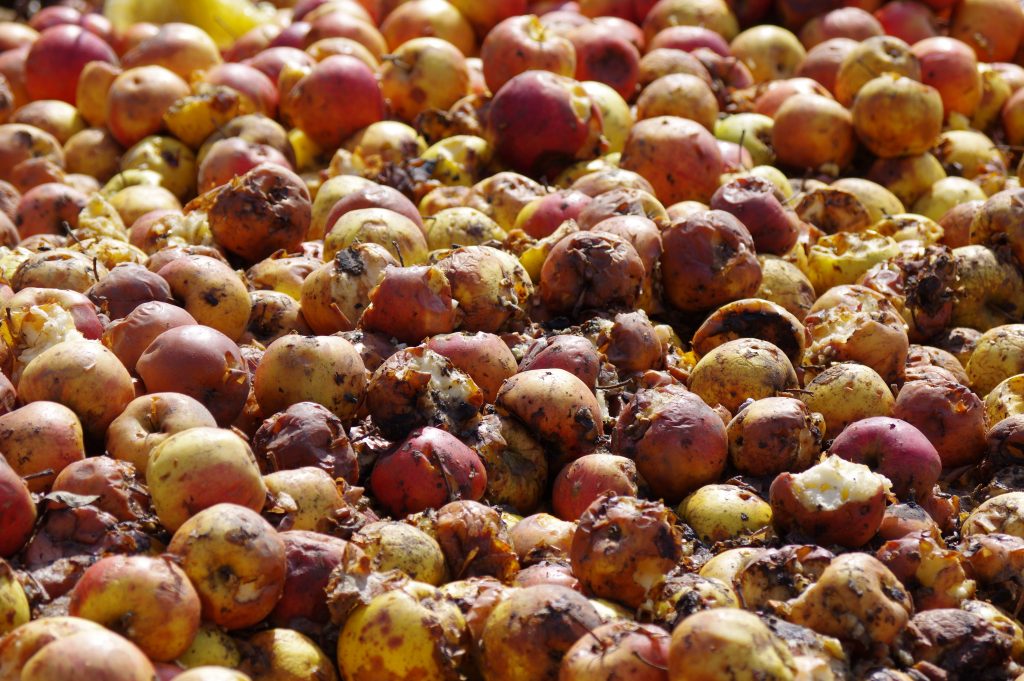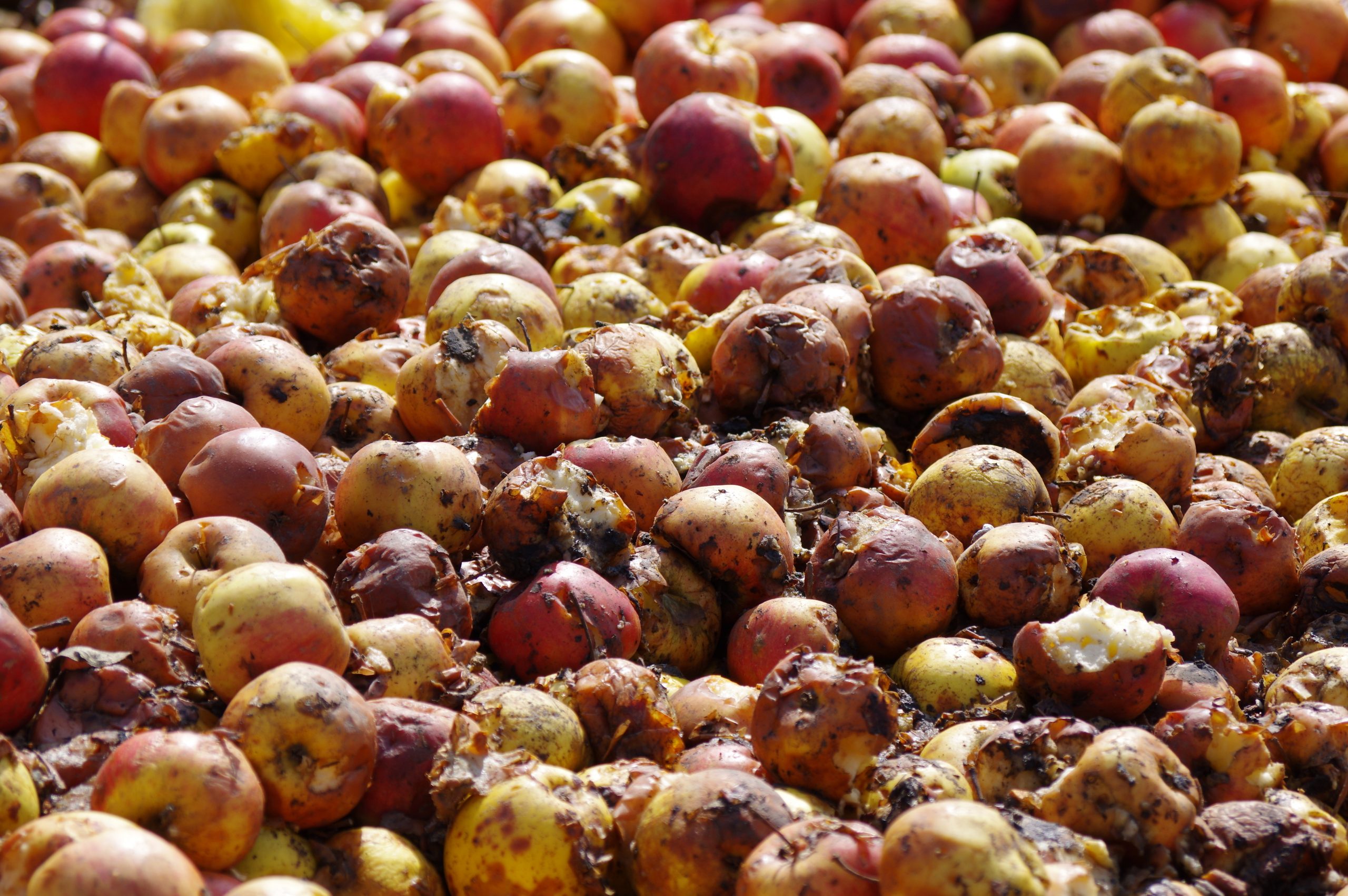New online community to combat food waste
To reduce the 88 million tons of food being wasted each year in the EU, a multi-country panel of experts has been set up to share knowledge with consumers, producers and retailers.
The food that Europe wastes is enough to feed all the starving people in the world twice over, according to European Commission figures from 2015, prompting a panel of experts launch an online community to tackle the issue. Part of the EU-funded REFRESH research project, the aim of the REFRESH Community of Experts is to provide a space in which expertise can be shared to develop a collaborative approach to combatting food waste. The project was developed by REFRESH in cooperation with the European Commission’s EU Platform on Food Losses and Food Waste.
The platform provides information about food waste across the EU, and proposes solutions for reducing it. Resources are available for retailers, manufacturers, employers and customers, and include audio files, infographics and research reports. Campaigns encourage people to ask restaurants to package up leftovers for them when eating out, and to use common sense when looking at best-before dates. Using a mapping tool, manufacturers can pinpoint opportunities for reducing waste in the production process. A redistribution framework helps suppliers adapt their own processes for handling surplus food.
The group’s website contains a tool for producers to see if their waste could be used as animal feed. Substituting animal feed with leftover food and agricultural by-products could significantly reduce grain waste.
REFRESH (Resource Efficient Food and dRink for the Entire Supply cHain) is led by Wageningen University in the Netherlands, and brings together 26 partners from 12 European countries and China. Partners include universities, research institutes, businesses, governments and civil society working towards the Sustainable Development Goal 12.3 of halving per capita food waste at the retail and consumer level and reducing food losses along production and supply chains.




